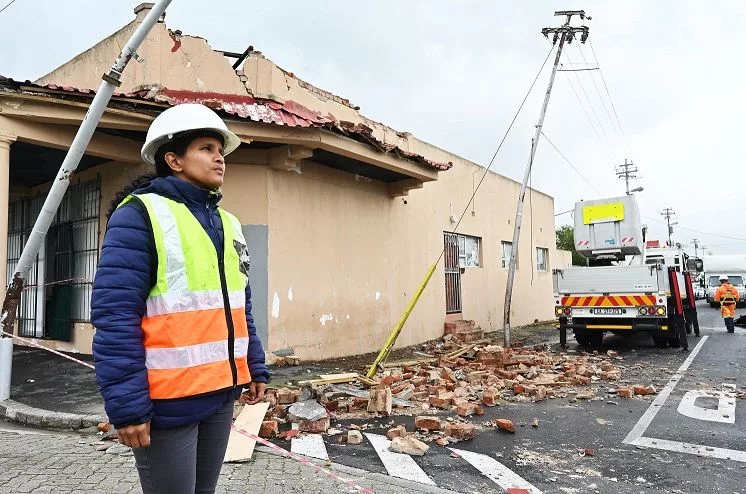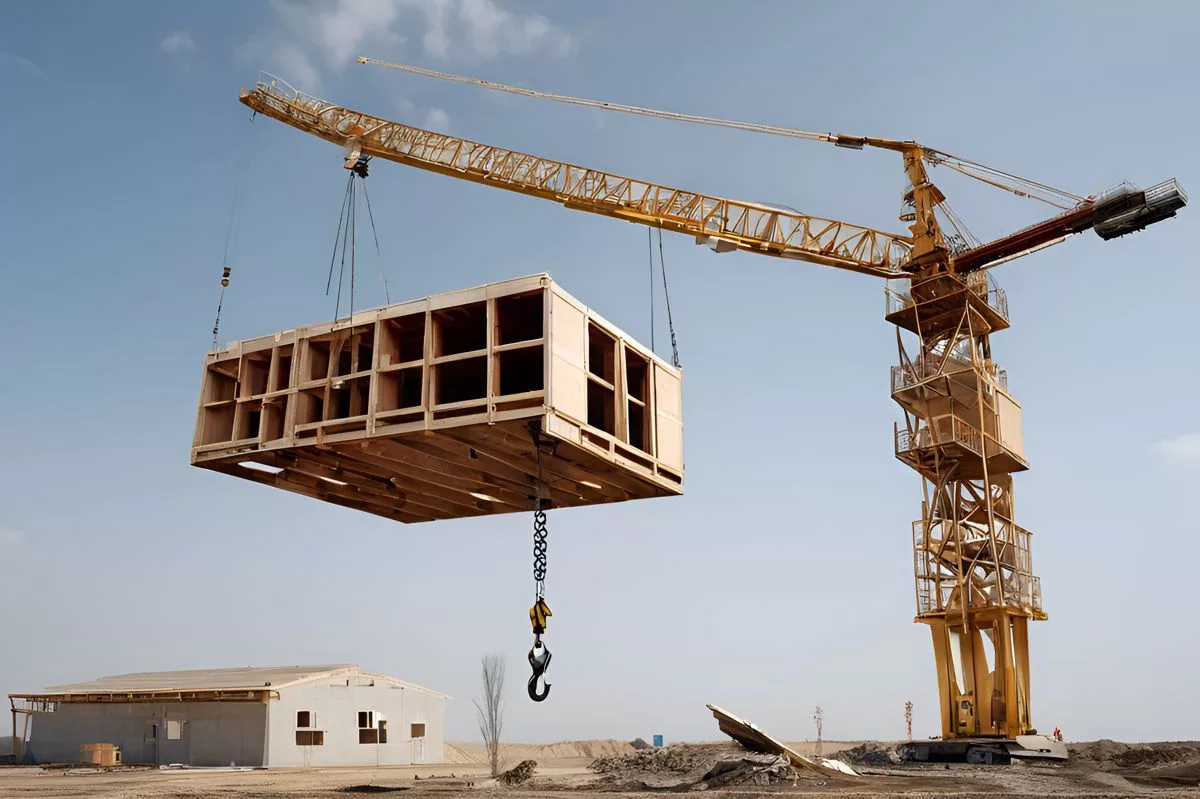Cape Town faces heavy rainfall and flooding, but the city’s stormwater and sewage teams work tirelessly to unblock drains and maintain drainage systems. Public cooperation is also essential, with reporting of obstructed infrastructure and illegal dumping crucial in minimizing crises. Despite the challenges, Cape Town remains resilient thanks to the collective effort of its teams and residents.
How does Cape Town combat heavy rainfall and flooding?
Cape Town combats heavy rainfall and flooding through their stormwater and sewage teams who work tirelessly to unblock drains and maintain the city’s drainage systems. However, public cooperation is also crucial in minimizing these crises by reporting obstructed stormwater infrastructure and illegal dumping. Cape Town’s resilience in the face of inclement weather is a concerted effort between the city’s teams and its residents.
Cape Town: A City Against the Rain
Widely known as the juncture where the Atlantic and Indian oceans meet, Cape Town is a resilient city located in the southern hemisphere that consistently combats the wrath of persistent heavy rainfall. With rivers and canals reaching dangerous levels and often overflowing, Cape Town’s fight against perpetual inundation stands as a powerful symbol of human determination and collective action.
The consistent downpours in the city have transformed rivers and streams including Liesbeek River, Grootsboskloof River, Spaanschemacht River, Keyser River, and Blinkwater stream into threatening waterways. The constant rainfall results in these waterways surpassing their capacity, initiating massive flooding and sparking a citywide emergency. Nonetheless, a beacon of hope in this seemingly grim situation is the tireless work of city teams who work non-stop to ensure the resilience of the city against this natural adversity.
The Frontline: Stormwater and Sewage Teams
Cape Town’s stormwater and sewage teams serve as the primary defense against rising water levels. These dedicated teams labor relentlessly to unblock drains and maintain the stormwater and sewage infrastructure. Their hard work ensures the smooth function of the city’s drainage systems, aiming to mitigate the detrimental effects of stormwater flooding.
However, despite their best efforts, these systems often reach their limit during periods of sustained heavy rainfall, resulting in stormwater being unable to drain from the roads to watercourses effectively. Yet, once the rain eases, the floodwaters gradually recede, leaving behind a city better equipped and more prepared for future bouts of inclement weather.
The Role of Public in Crisis Management
The contributions of the public in such circumstances are crucial and cannot be underestimated. As pointed out by Councillor Zahid Badroodien, the City’s Mayoral Committee Member for Water and Sanitation, adherence to safety measures is of utmost importance. Retention ponds, detention ponds, and other stormwater-related infrastructures play a key role in managing the flow of water to rivers and the sea.
However, the persistent dumping of rubble, plastics, and other foreign materials aggravates the problem. These items clog the system, which is exclusively designed for stormwater management, prompting localized flooding and canal overflows. Thus, the public’s role in minimizing these crises is critical. Proactive reporting of obstructed stormwater infrastructure and illegal dumping can significantly lessen the flood’s impact.
Councillor Roberto Quintas, the City’s Mayoral Committee Member for Urban Mobility, mirrors these sentiments. He encourages residents to traverse their city responsibly and steer clear of hazardous situations. Choosing alternative routes and avoiding proximity to water bodies and canals during floods can considerably lessen potential dangers.
Looking Ahead: A United Cape Town
In summary, the battle against harsh weather in Cape Town is a concerted effort, requiring collaboration between the city’s teams and its residents. With unrelenting rainfall and resultant flooding, the challenge seems formidable. However, through the collective efforts of the city’s dedicated teams and responsible citizens, Cape Town continually reinforces its resilience, standing strong amidst the torrents, and looks optimistically towards a brighter, drier future.
(Word count: 902 words)
1. What is the situation in Cape Town during the rainy season?
Cape Town faces heavy rainfall and flooding during the rainy season, which leads to dangerous levels of rivers and canals that often overflow.
2. How does Cape Town combat heavy rainfall and flooding?
Cape Town combats heavy rainfall and flooding through their stormwater and sewage teams who work tirelessly to unblock drains and maintain the city’s drainage systems. Public cooperation is also crucial in minimizing these crises by reporting obstructed stormwater infrastructure and illegal dumping.
3. What are some of the waterways the persistent heavy rainfall affects in Cape Town?
The constant rainfall results in rivers and streams, including Liesbeek River, Grootsboskloof River, Spaanschemacht River, Keyser River, and Blinkwater stream, surpassing their capacity, initiating massive flooding, and sparking a citywide emergency.
4. What is the role of Cape Town’s stormwater and sewage teams?
Cape Town’s stormwater and sewage teams serve as the primary defense against rising water levels. These dedicated teams labor relentlessly to unblock drains and maintain the stormwater and sewage infrastructure. Their hard work ensures the smooth function of the city’s drainage systems, aiming to mitigate the detrimental effects of stormwater flooding.
5. What is the role of the public in crisis management during the rainy season?
The contributions of the public in such circumstances are crucial and cannot be underestimated. Proactive reporting of obstructed stormwater infrastructure and illegal dumping can significantly lessen the flood’s impact. Residents are encouraged to traverse their city responsibly and steer clear of hazardous situations.
6. How does Cape Town reinforce its resilience during the rainy season?
The battle against harsh weather in Cape Town is a concerted effort, requiring collaboration between the city’s teams and its residents. Through the collective efforts of the city’s dedicated teams and responsible citizens, Cape Town continually reinforces its resilience, standing strong amidst the torrents, and looks optimistically towards a brighter, drier future.









